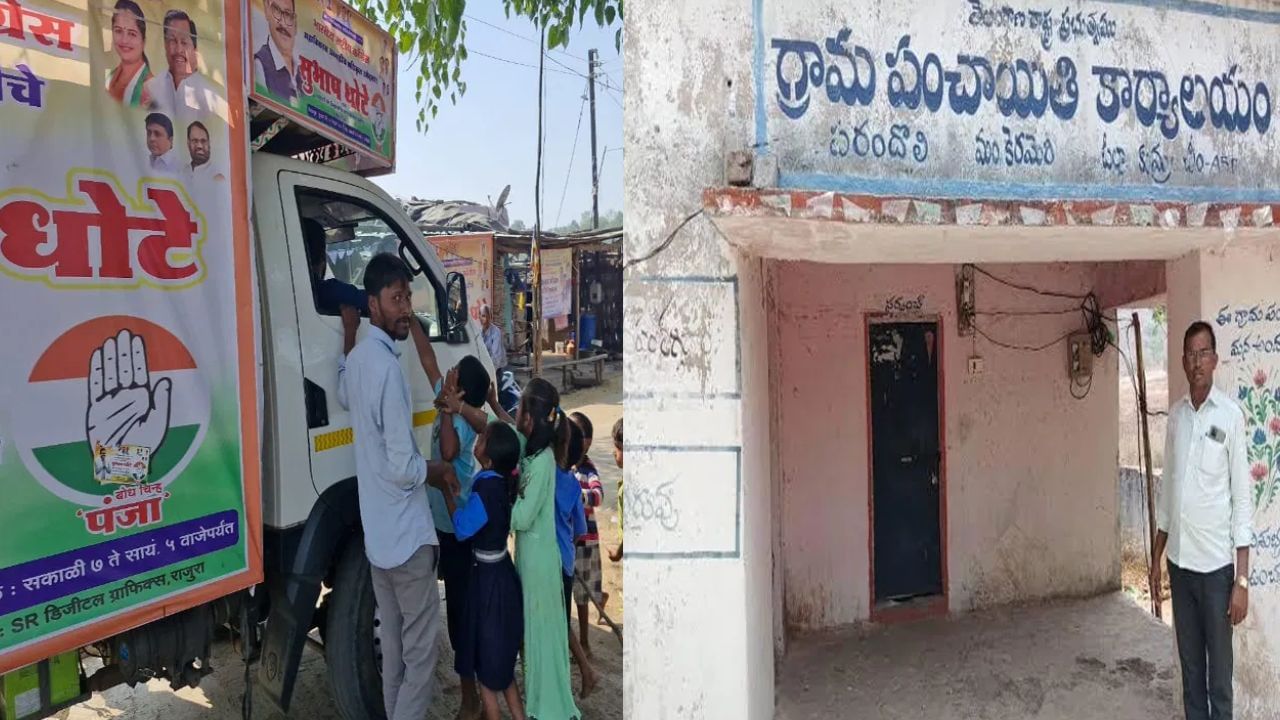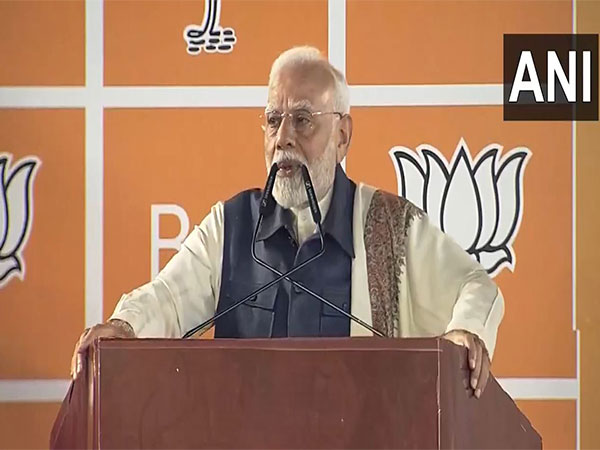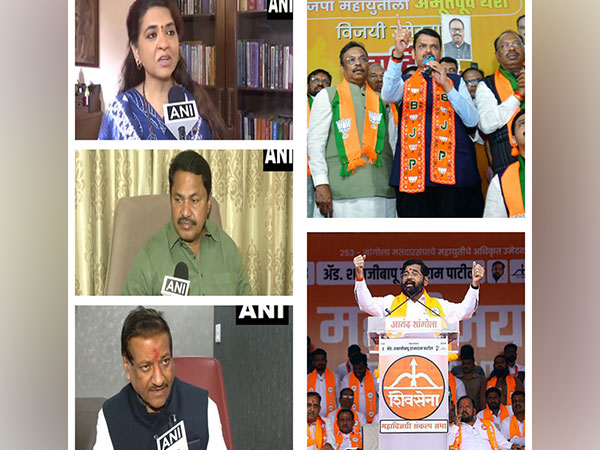There are 12 villages on the border of Telangana and Maharashtra which the Maharashtra government considers as its limits and the Telangana government considers them as its limits. From the votes to the ration cards of the people living in these 12 villages, they are made in both the states. But the people living here cannot say with certainty which state they are in. This is also the pain of the people living here. He says that as soon as the elections come, leaders of both the states come to his village, but when it comes to development, both the states shirk the responsibility by putting the responsibility on the other.
The people of all these villages had recently voted in the Telangana elections and are now going to vote in the Maharashtra elections. The people living here say that their problem is not due to this, but since the time of partition between Maharashtra and Andhra Pradesh. According to local people, there was re-division of states in 1956. At that time these 12 villages were included in united Andhra Pradesh. Since these villages are closer to Maharashtra from geographical and cultural point of view.
Border dispute case is pending in the Supreme Court
In such a situation, these villages were included in Jeevithi taluka of Chandrapur district of Maharashtra in the year 1987. The dispute regarding this matter reached the Supreme Court and a report was prepared by the KK Naidu Commission. It was decided that 12 villages would be kept in Andhra Pradesh only. Maharashtra government filed an appeal on this and till now this matter is pending in the Supreme Court. The villagers are having to suffer the consequences of this. Due to this dispute, there is Maharashtra Board and Telangana Board in these villages.
All facilities are double
Similarly, in all these villages there are 2 Sarpanches each and everything from ration to pension is double. At the same time, when it comes to development schemes, all these villages are the most backward in both the states. Local people say that it is their misfortune to be on the border of two states. The people here say that they have lands in the village. If there is a dispute, the cases are registered in both the states, the hearing does not take place anywhere. Similarly, they also do not have the right to claim in which state they actually live.





